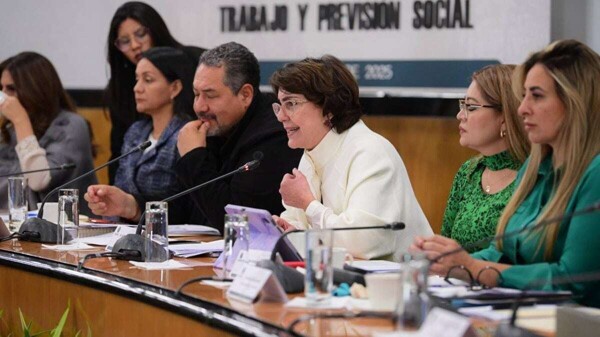
During the last six years (2019-2024), the exchange rate in the country has maintained relative stability, supported by positive real interest rates and a steady flow of foreign capital. These measures aimed to face economic challenges with greater resilience and build a prosperous future. However, this balance had repercussions on public finances, with an average of 7% of international reserves used in intervention operations, according to the Bank of Mexico.
In that same period, real rates played a fundamental role, with a differential of 5.3 percentage points in yields between Mexico and the United States. Although this differential reduced to 4.5 points between 2021 and 2024, the Mexican peso continued to be an attractive currency in international markets. However, factors such as judicial reforms and presidential elections in the United States created uncertainty, depreciating the peso to nearly 21.00 pesos per dollar.
The financing of key projects for national development was facilitated by the increase in external debt, but maintaining attractive differentials for bondholders came at a high cost, equivalent to 1.8 times the annual budget of the health sector in the last 12 months. It is essential that government actions consider both short-term needs and long-term impact, strengthening institutions, promoting transparency, and attracting foreign investment.
During the mentioned period, the Mexican peso experienced minimal depreciation of 6.5%, going from 19.59 pesos per dollar in January 2019 to 20.90 pesos at the end of 2024. Prioritizing sectors that diversify the economy and mitigate risks from volatile markets is essential for sustainable economic development.
In summary, the balanced interaction between politics and the economy is crucial for guiding decisions that promote balanced national development. The implementation of a solid institutional framework, diversification of productive sectors, alignment of economic policies with the country's strategic objectives, and the promotion of investment in human capital are recommended, according to the Mexican Institute of Finance Executives (IMEF).














